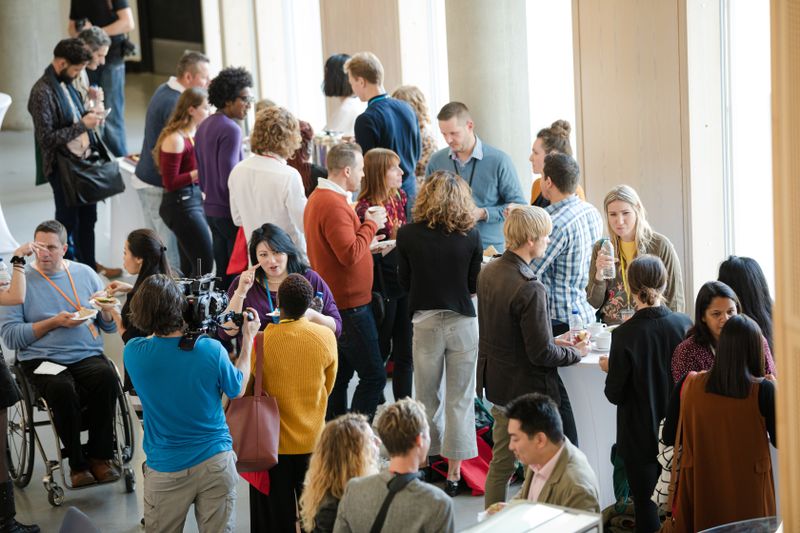Employee representation
Employee representation may be defined as the right of employees to seek a union or individual to represent them for the purpose of negotiating with management on such issues as wages, hours, benefits and working conditions. In the workplace, workers may be represented by trade union and through works councils – or similar structures elected by all employees. EU law has established rights and obligations for employees and their representatives to be informed and consulted via a set of directives that provide for the information and consultation of the workers, at both national and international level.

Latest
Find the latest content on this topic below.
11 September 2025
5 December 2023
Previous Eurofound research developed three complementary tools to examine the dynamics of industrial relations and compare how national industrial relations systems are faring in terms of quality and change over time. These tools are a dashboard of indicators; an index to measure country performance in industrial relations as a whole, four key dimensions and subdimensions; and a typology of industrial relations systems based on performance in industrial democracy and relevant characteristics of industrial relations systems. This report builds on this previous research and has three main objectives: to revisit and update the index of each of the four key dimensions for 2018–2021 based on new data and indicators; to analyse convergence trends in the key dimension industrial democracy from 2008 to 2021 across national industrial relations systems; and to update the typology of industrial relations systems to contribute to the cross-country analysis of relevant patterns of change from 2008 to 2021, particularly in relation to collective bargaining.
24 October 2022
This working paper investigates the practical implementation of the European Works Council (EWC) Directive at company level. It explores the challenges faced by existing EWCs and provides examples of solutions identified and remaining issues from the point of view of both workers and management. In addition, the paper looks at how EWCs meet the requirements of the EWC Directive in terms of establishing processes of information and consultation. Using case studies, it also examines the extent to which such effective collaboration has gone beyond the EWC Directive’s requirements to establish joint work on other issues of common concern.
Experts on Employee representation
Researchers at Eurofound provide expert insights and can be contacted for questions or media requests.
Christine Aumayr-Pintar
Senior research managerChristine Aumayr-Pintar is a senior research manager in the Working Life unit at Eurofound. She coordinates Eurofound’s research on social dialogue and industrial relations and oversees the Network of Eurofound Correspondents (NEC). Her primary research expertise – approached from a comparative EU-wide standpoint – centres on minimum wages, collectively negotiated pay and gender pay transparency. Prior to joining Eurofound in 2009 she was a labour markets and regional economics researcher at Joanneum Research in Austria. She earned a Master's degree in Economics and a PhD in Social Science/Economics having studied economics in Graz, Vienna and Jönköping.
Gijs van Houten
Senior research managerGijs van Houten is a senior research manager in the Employment unit at Eurofound. He has specific expertise in cross-national survey methodology and the analysis of workplace practices and organisational strategies. He currently leads the preparations for the European Company Survey 2028, is in charge of methodology for the European Quality of Life Survey 2026, and is analysing the online data collected as part of the European Working Conditions Survey 2024, which will inform decision making on the future of surveys in Eurofound. Before joining Eurofound in 2010, he worked at the Netherlands Institute for Social Research (SCP). Gijs spent a year away in 2016, working at the Pew Research Center in Washington, DC. He holds a Masters in Sociology from Radboud University Nijmegen and a PhD in Social Science from Utrecht University.
All content for Employee representation
This section provides access to all content that has been published on the topic.